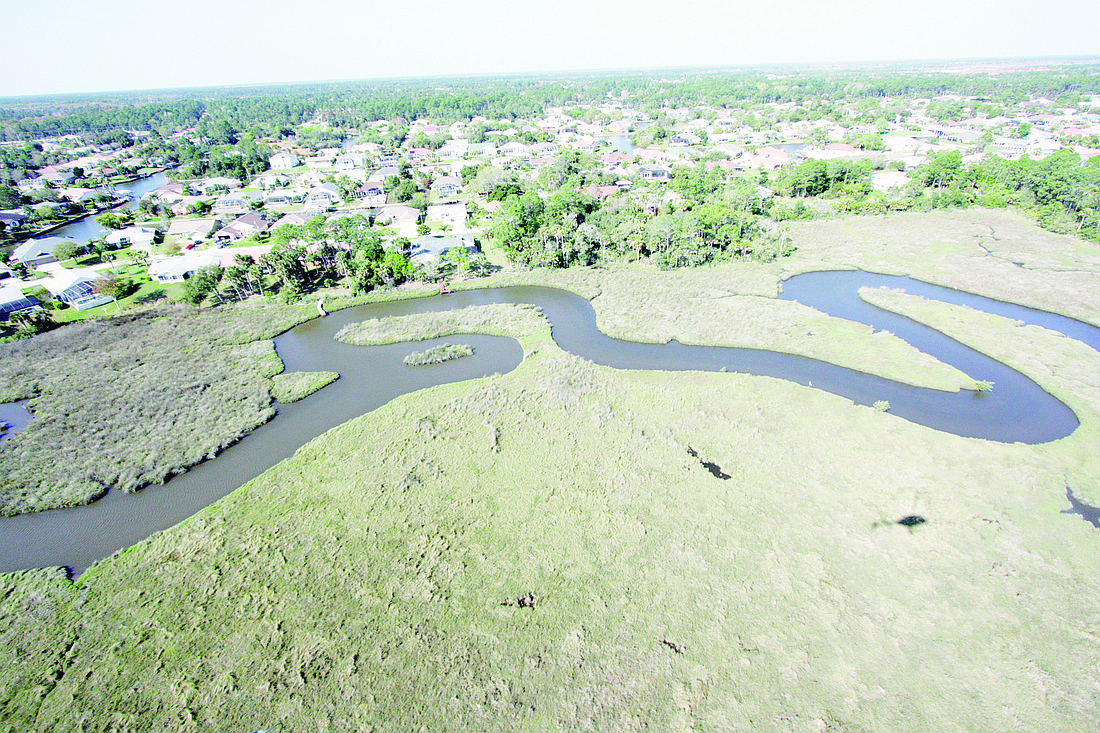- April 25, 2024
-
-
Loading

Loading

The East Flagler Mosquito Control District has been in existence since July 1952. Homeowners pay taxes to keep this operation running, but many do not know what they’re paying for.
Mosquito Control addresses mosquito populations in Flagler County through five activities. The first is surveillance. Mosquito Control begins with daily population tracking. The district also takes into consideration weather, public exposure and environmental sensitivity.
Adulticiding is the procedure of controlling biting mosquitoes. This is the control method most residents are familiar with because they see the trucks driving around town.
The district is only allowed to spray in each area 27 times a year, even though all chemicals are approved by the Environmental Protection Agency and the Florida Department of Agriculture and Consumer Services, said Robert Fisch, inspector.
Another form of control is larviciding, or controlling immature mosquitoes. This is where the aerial unit comes into play. The areas that are targeted with this control technique are mostly along the Intracoastal Waterway and in the marshes, said helicopter pilot Kevin Card.
All spraying is done at night or early in the morning, when the mosquitoes are more active, and residents are not outside.
In addition to the types of spraying the district uses, they also practice source reduction, a construction process that modifies aquatic mosquito nursery sites, making them unsuitable for mosquito development.
Additionally, one of the most important jobs of Mosquito Control is something the general public never sees.
Mosquito Control monitors the circulation of mosquito-related illnesses within the district by using sentinel birds.
These birds, scheduled to go out next week, are caged and placed in various locations throughout the county. When the chickens are released, they are bit by mosquitoes. Then, the blood of the chicken is drawn and tested for mosquito-related illnesses.
Diseases of concern are eastern equine encephalitis, St. Louis encephalitis, West Nile virus, and most recently found in Florida, dengue fever.
There are no spray schedules set yet, but residents can expect them to start mid-spring.